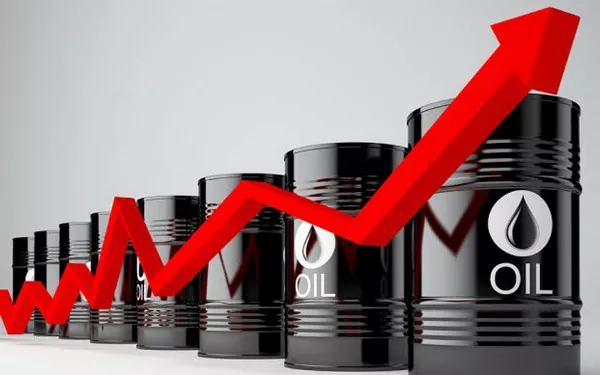Crude oil is one of the most important commodities in the global economy, and understanding how it is traded can provide valuable insights into the complex world of financial markets. One of the key tools used in the trading of crude oil is futures contracts. In this article, we will delve into the mechanics of crude oil futures and shed light on the factors that influence their pricing.
1. Introduction to Crude Oil Futures
Crude oil futures are standardized contracts that enable market participants to buy or sell a specific quantity of crude oil at a predetermined price on a future date. These contracts provide a mechanism for hedging against price volatility and speculating on future price movements. The futures market acts as a platform where buyers and sellers can come together to trade these contracts.
2. Contract Specifications
Each crude oil futures contract has certain specifications that define the terms of the agreement. This includes the grade of crude oil (such as West Texas Intermediate or Brent), the quantity of oil per contract, the delivery location, and the contract expiration month. Standardization ensures a transparent and efficient marketplace.
3. Role of Market Participants
Several types of market participants are involved in crude oil futures trading. Hedgers, such as oil producers and consumers, use futures contracts to protect themselves from adverse price movements. Speculators, including institutional investors and individual traders, aim to profit from price fluctuations without having a direct interest in physical oil. Market makers facilitate liquidity by consistently providing bid and ask prices.
4. Price Discovery and Trading
The price of crude oil futures is determined through open outcry or electronic trading platforms. Market participants express their willingness to buy or sell contracts at specific prices. The interplay of supply and demand ultimately establishes the equilibrium price. Continuous trading occurs throughout the trading day, allowing participants to enter or exit positions at any time.
5. Margin and Leverage
To trade crude oil futures, market participants are required to deposit an initial margin, which acts as collateral. The margin amount is a fraction of the total contract value and serves as a performance bond to ensure financial security. Additionally, traders can utilize leverage, allowing them to control larger positions with a smaller amount of capital. However, leverage amplifies both profits and losses.
6. Physical Delivery vs. Cash Settlement
While futures contracts allow for physical delivery of crude oil, most traders engage in cash settlement. This means that as the contract approaches expiration, the trader will offset their position by entering into an opposite transaction before the delivery date. Profit or loss is then settled in cash based on the difference between the contract price and the prevailing market price.
7. Factors Influencing Crude Oil Futures Prices
Several factors impact the pricing of crude oil futures. Supply and demand dynamics play a crucial role. Global geopolitical events, production levels of major oil-producing nations, storage capacity, weather conditions, and macroeconomic indicators such as economic growth and inflation all influence prices. Additionally, market sentiment, speculation, and currency fluctuations can create volatility in the futures market.
8. Risks and Challenges
Trading crude oil futures involves inherent risks. Price volatility, leverage, and unpredictable market conditions can lead to substantial financial losses. It is essential for traders to have a solid understanding of risk management techniques, perform thorough market analysis, and stay informed about relevant news and events that could impact oil prices.
9. Regulation and Oversight
Crude oil futures trading is subject to regulatory oversight to ensure fair and transparent markets. Regulatory bodies, such as the Commodity Futures Trading Commission (CFTC) in the United States, implement rules and regulations to safeguard market integrity and protect investors against fraud and manipulation.
10. Conclusion
Crude oil futures provide a vital mechanism for hedging and speculating on oil prices. By understanding how these contracts work, market participants can navigate the complex world of crude oil trading. However, it is crucial to acknowledge the risks involved and employ prudent risk management strategies. As with any investment, thorough research, ongoing education, and careful analysis are key to success in crude oil futures trading.
In conclusion, the crude oil futures market serves as a vital platform for participants to manage price risk and capitalize on opportunities in the oil market. By comprehending the intricacies of crude oil futures, traders can make informed decisions and navigate the dynamic landscape of global energy markets.


